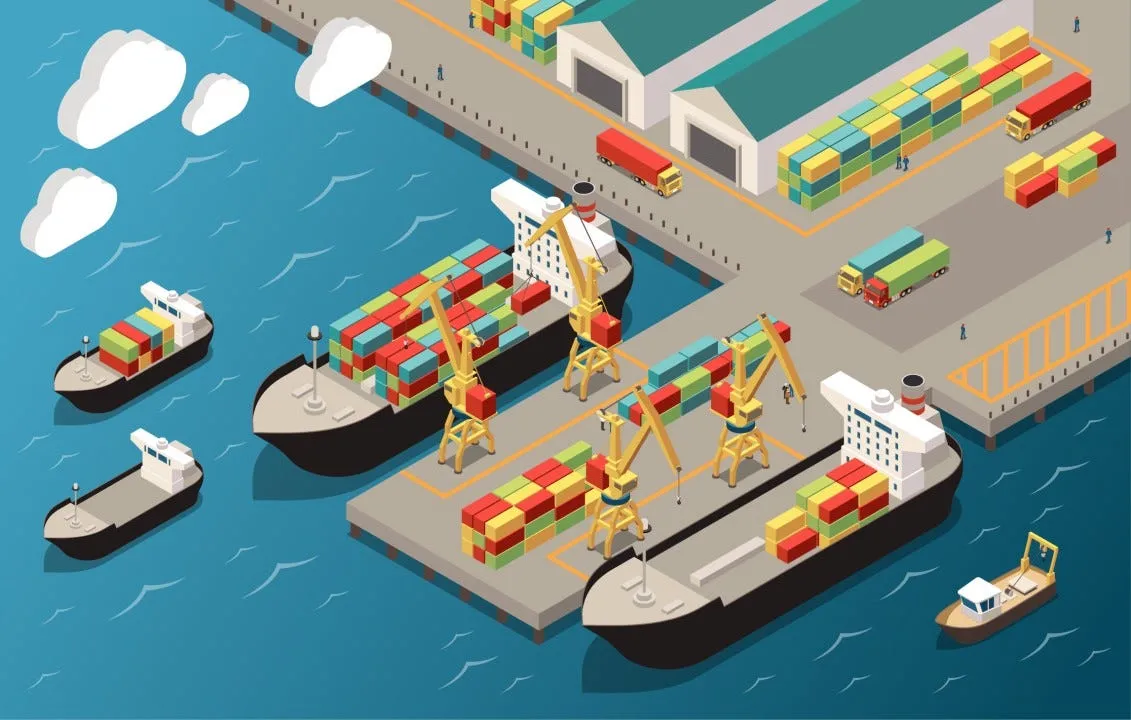Table of Contents
Simon O’Connor
Husband, step-father, and longtime student of philosophy and history. Also happen to be a former politician, including chairing New Zealand’s Foreign Affairs, Defense, and Trade Committee.
In a recent New Zealand Herald article, former MP Richard Prebble argues that New Zealand should not entertain joining the likes of AUKUS or engaging more closely with our traditional allies. You can read his thoughts here.
I have written a reply to the Herald and while not yet published (if ever?), I wanted to share my response with you below:
Richard Prebble suggests that New Zealand considering joining the likes of AUKUS is “lunacy”. His core argument is a familiar one – we trade with China, and consequently, we should only do what pleases China. Some call this an independent foreign policy. I call it fear.
As we know, not all fear is irrational and we must continue to trade with China. We should be proud of our free trade agreement with them and seek to build on it. The relationship should be respectful, and this includes us expressing values which are not always in line with those of Chinese Communist Party (CCP). China unreservedly puts its interests first and so should we.
We are a liberal democracy that believes that free and open expression is vital. If we do not uphold this in the face of global challenges, we will become ever-more susceptible to tolerating behaviour that does not align with our values.
No trading arrangement should silence us or prevent us from focusing on our national security. Critically, our national security includes ensuring that the very system of free trade is protected – that the global rules of trade are respected; that there is freedom of navigation; and that multilateral agencies are not coopted for mischievous motive. Sadly, all three of these are being undermined, particularly by authoritarian regimes. It is in New Zealand’s interests to work with like-minded partners to ensure the very rules we currently use – to our and others’ benefit – remain.
Yet several former politicians of late, and now Mr Prebble, effectively argue that because we trade with China then we must set all else aside. Perhaps the most egregious oversight of this mindset is that by not standing up for democracy and human rights globally, we will soon find ourselves working within a new international order and trading regime. I would argue that this will not be a free trading relationship nor benefit New Zealand’s interests.
The dismissive reflection on various aspects of behaviour by Communist China also needs to be called out. Taiwan is a vibrant democratic country, yet Mr Prebble appears to suggest that if it was forcibly reunited with the Chinese mainland tomorrow then ‘oh well, too bad’. He suggests New Zealand already recognises Taiwan as part of China, but this fails to appreciate the many important nuances in the ‘One China’ policy.
While giving moral equivalence to spying undertaken by totalitarian regimes and democracies, he appears unconcerned with – or perhaps accepting – that our most valuable trading partner is spying on us. Free trade doesn’t mean free spying Mr Prebble.
He is then dismissive of recent reports of Parliament’s servers being hacked by the CCP state sponsored group APT 40. This is a big deal and the delay was not a conspiracy as he suggests. If he knew as much about intelligence as he claims, he would appreciate that to protect sources and techniques – and respecting allies with whom the intelligence is shared – involves time. Three years is nothing. I can also add from experience that, unlike him, some of us did have sensitive information on our computers.
Mr Prebble does raise a very good point around our intelligence select committee. It is no longer fit for purpose and arguably never was. While it provides useful administrative oversight, it does not have the wider mandate that equivalent committees in the likes of Australia or Canada have. Simultaneously, several current MPs are suggesting a new parliamentary committee to be formed to focus on foreign interference here in New Zealand. This would be country agnostic as interference activities come from a number of countries and this deserves greater parliamentary attention.
A few final points. We should not minimise, or be flippant, about what is happening to the Uyghurs, Tibetans, or the likes of house-Christians in China. Hong Kong is no longer a vibrant democracy and stands now as a warning of what happens when a jurisdiction comes under the influence of the CCP. China’s aid into the Pacific should not be celebrated as equivalent to New Zealand support, nor the various security agreements it is seeking to sign. Aid often comes in the form of loans, creating a debt trap or as we see in some countries, used corruptly by local politicians. We also know that Chinese ‘assistance’ has allowed it to establish military infrastructure in places such as Djibouti and Cambodia, and it is no secret that China seeks a military base in the South Pacific.
Much more could be said including the ongoing interference activities by CCP proxies against New Zealand citizens originally from China (and others). In recent days, a report has been released noting that at least 10 New Zealand Chinese were ‘persuaded’ to return to mainland China for alleged economic crimes. As the report notes, such persuasion is often based on threats to the accused’s family and friends and the real crime being not agreeing with the Chinese Communist Party.
So yes, New Zealand should consider AUKUS and any other cooperation that enhances our national security. Trade is important and so is national security. If the two are at odds, then perhaps we need to be thinking more about why.







